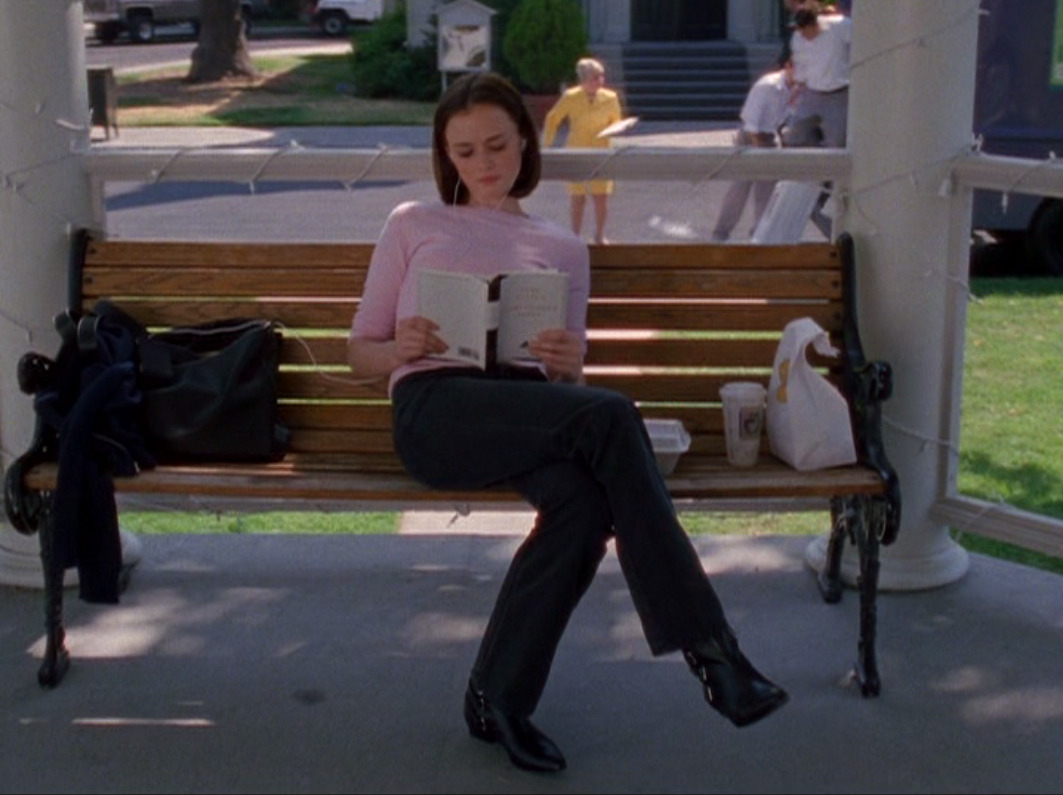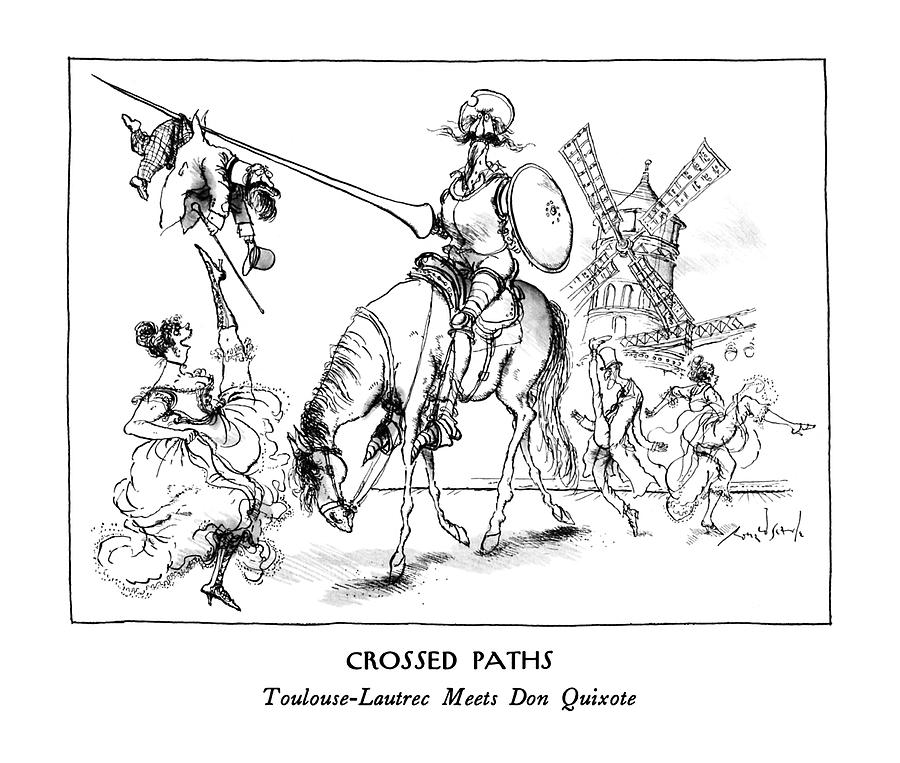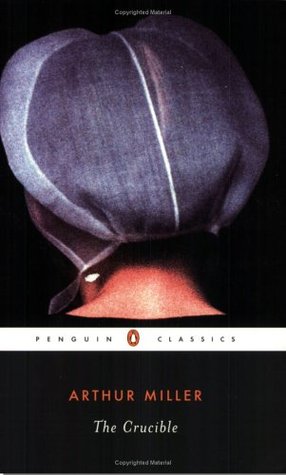Heyoo! How is everybody doing? I know it has been awhile
since my last post, but that does not mean that I have not been reading. I have
been reading, reading, reading; just not writing, writing, writing. This is
partially because I have been getting into the rhythm of a new school year (not
so new anymore since it is November) and been busy with planning,
grading, and a hectic soccer season. Not that this is an excuse for my lack of
writing. It is something that I have been chiding myself for as it was
something that I wanted to make a priority. The thing is I love writing while I
am doing it, but the process of actually getting prepared to write is
difficult. It is like grocery shopping. I HATE going to the grocery store. I
have to convince myself to go when I need fresh milk, and I have to drag myself
out the door. But when I am actually at the store, I don’t mind it as much. For
some reason, when I am tired and mentally and physically exhausted, I have to
push myself to write. I enjoy it once I get going, but I have to convince
myself to get there. I also admit that I got a wee bit distracted with other
books. Lately I have been on a thriller kick, and I have been reaching for
those in my times of need (by which I mean all the time because when do I not
need a book?). Long story short, I apologize to the few people who read my
posts for my lack of updates. Now, Northanger
Abbey…
 |
| Rory reading Northanger Abbey in Season 4 |
Dean hands
Rory a copy of Northanger Abbey that
she has lent him in episode seven. Rory asks Dean if he liked the book and he
responds “Well, I could tell you, but then I’d have to kill you.” Rory seems to
think this implies that he likes this book and exclaims “Aha! You liked it, you
liked Jane Austen. I knew you would. Lane, Dean likes Jane Austen.” I would be
very impressed if Dean actually read a Jane Austen novel let alone any novel Rory
suggested. I have met very view teenage boys who willingly read Jane Austen in
any type of situation. But if Dean actually read Northanger Abbey, then kudos to him. I’d be happy to know of a guy
who actually read my recommendations and enjoyed them. I wouldn’t hold it
against them, though, if they didn’t like Jane Austen. To be honest, I am not a
huge fan of her either.
Basically, Northanger Abbey is about a young girl
named Catherine who reads too much leading her imagination to run wild and
distort her perceptions of reality. Of course, there is more going on in this
story such as several love triangles, the possibility of murder, and the
struggle of social status. All of Austen’s novels tend to focus on the
importance of social status in nineteenth century England. It is a topic she
keeps returning to and, I wonder, if this was a major point of contention in
her life.
 |
| Gotta love the cheesy covers! |
Of all of
Austen’s narrators, I related most to Catherine. Mainly because of her love of
books. Catherine, though, took her books a bit too literally. Catherine’s story
is heavily influenced by the two most popular genres of the time: gothic novels
and sentimental novels. Catherine’s time at Northanger Abbey (the place, not
the novel) was heavily influenced by gothic stories. Hence, Catherine’s
assumption that General Tilney killed his wife. Catherine’s imagination ran
amuck, and created a completely fictitious story. Northanger Abbey is also a commentary on sentimental novels where a
heroine goes on a journey to find love. While not an outright love story,
Catherine and Henry Tilney find their way to each other in the end. In a way,
Austen is warning of the dangers of reading too much, but also succumbs to that
danger herself. It is clear that Catherine’s imagination and love of stories
has gotten her into some predicaments, but Catherine also follows the arc of a
heroine to find her one true love. So what is Austen saying? Maybe instead of
looking at extremes (books are a bad influence/books are the truth); one has to look at books and stories as a way of learning
and interacting with the world. And it is as I tell my students, you can’t
always take literature literally. Not everything that is written is true, but
what you can take away from literature is this: do not lose hope or your
imagination. Because stories are an escape, a way to express oneself, and a way
to see that no matter what, you are not alone.






